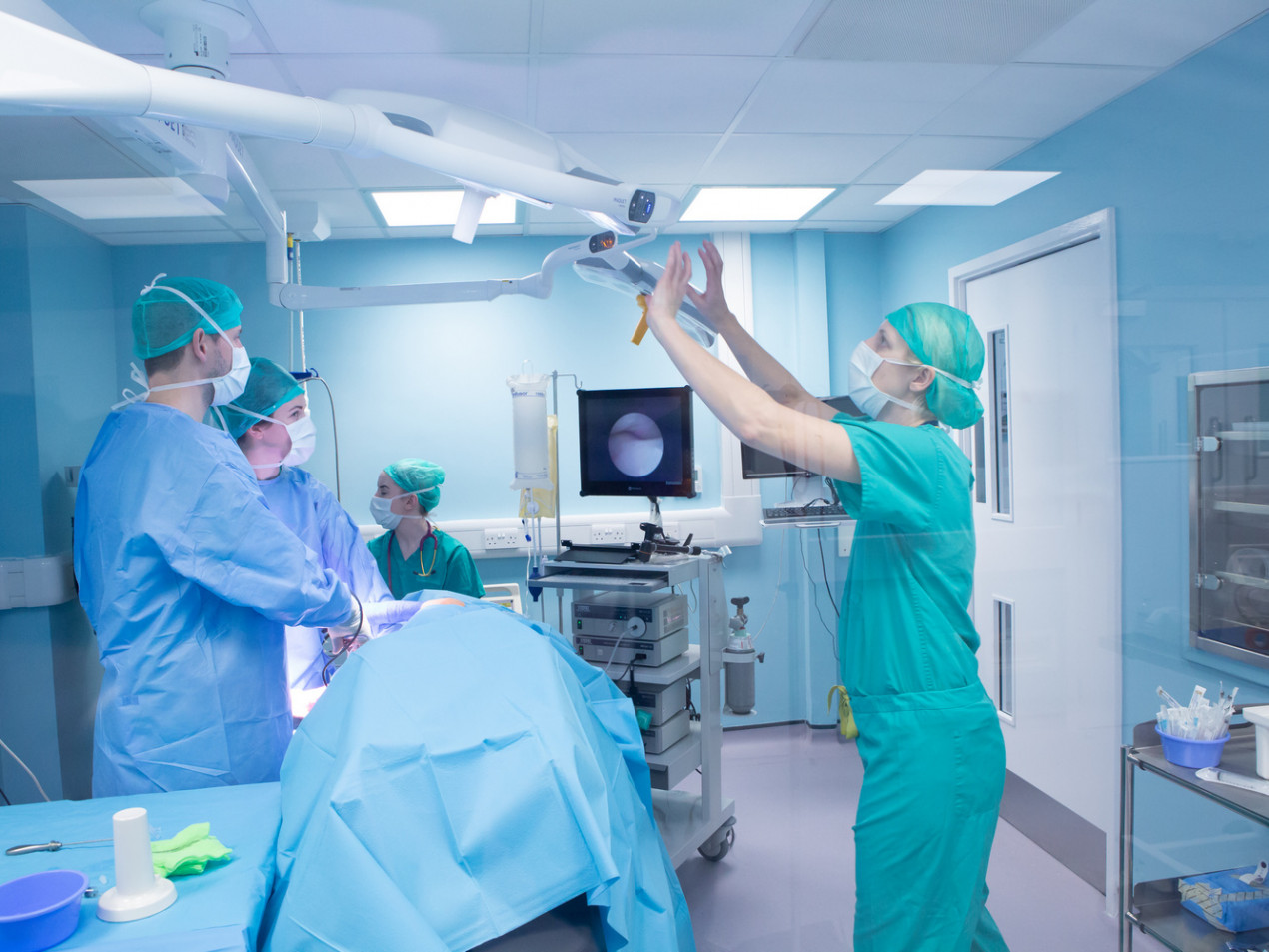
Vets Now veterinary surgeon concludes experimental studies have shown its effectiveness
A knowledge summary by a Vets Now veterinarian has evaluated the information available on the effectiveness of hypertonic saline solution in the treatment of severe brain trauma in dogs.
The research, by Alex Tischer, of our Hemel Hempstead clinic, reviewed six experiments dating from 1986 to 2015, using data from a combined total of 159 cases.
It found that experimental studies have shown that hypertonic saline solution is effective in the treatment of raised intracranial pressure after traumatic brain injury.
But the knowledge summary concluded that its effectiveness in clinical settings remains unclear due to a lack of controlled studies in real patients.

You might also be interested in:
Alex said: “The knowledge summary was a success from a scientific point of view but the effectiveness of hypertonic saline solution in reducing intracranial pressure after traumatic brain injury in clinical settings is still unknown.
“However, it’s a step in the right direction in terms of helping us treat this kind of brain injury in dogs, and one that will hopefully prompt us to go on and develop better clinical evidence.
“I hope this knowledge summary will help inform veterinary surgeons when treating such injuries but more studies are definitely required.”
High intracranial pressure often occurs after a severe head trauma such as from a road traffic accident, gunshot wound or animal bite. It’s associated with high mortality, with death often resulting from progressive increases in pressure.
At Vets Now, our emergency and critical care vets see road traffic accidents throughout the year, but there is a proportionate increase in autumn.
As Alex’s knowledge summary states, the experimental studies available in dogs seem to indicate that hypertonic saline might have a good effect on increased intracranial pressure after traumatic brain injury while achieving desirable haemodynamic parameters.
However, it also points out there are no controlled clinical studies that evaluate the use of hypertonic saline as an independent variable.

Amanda Boag Vets Now clinical director"As a science-based profession, we are constantly working to develop our knowledge and understanding"
Amanda Boag, Vets Now’s clinical director and vice-president of the RCVS, said the knowledge summary highlights the importance of evidence-based veterinary medicine (EBVM).
She added: “This knowledge summary should prove useful to emergency and critical care vets who see this type of brain injury on a regular basis. As a science-based profession, we are constantly working to develop our knowledge and understanding. We are also committed to training and building our staff’s skills, and engaging with EBVM is at the heart of that.”
In 2013, Vets Now set up its own in-house EBVM training programme aimed at vets and vet nurses.
Its objective was to build an evidence-based medicine culture within the organisation and increase staff’s understanding of the benefits of EBVM.
Since then dozens of vets and vet nurses – spread across the company’s 58 clinics and hospitals – have embarked on their own research projects.

